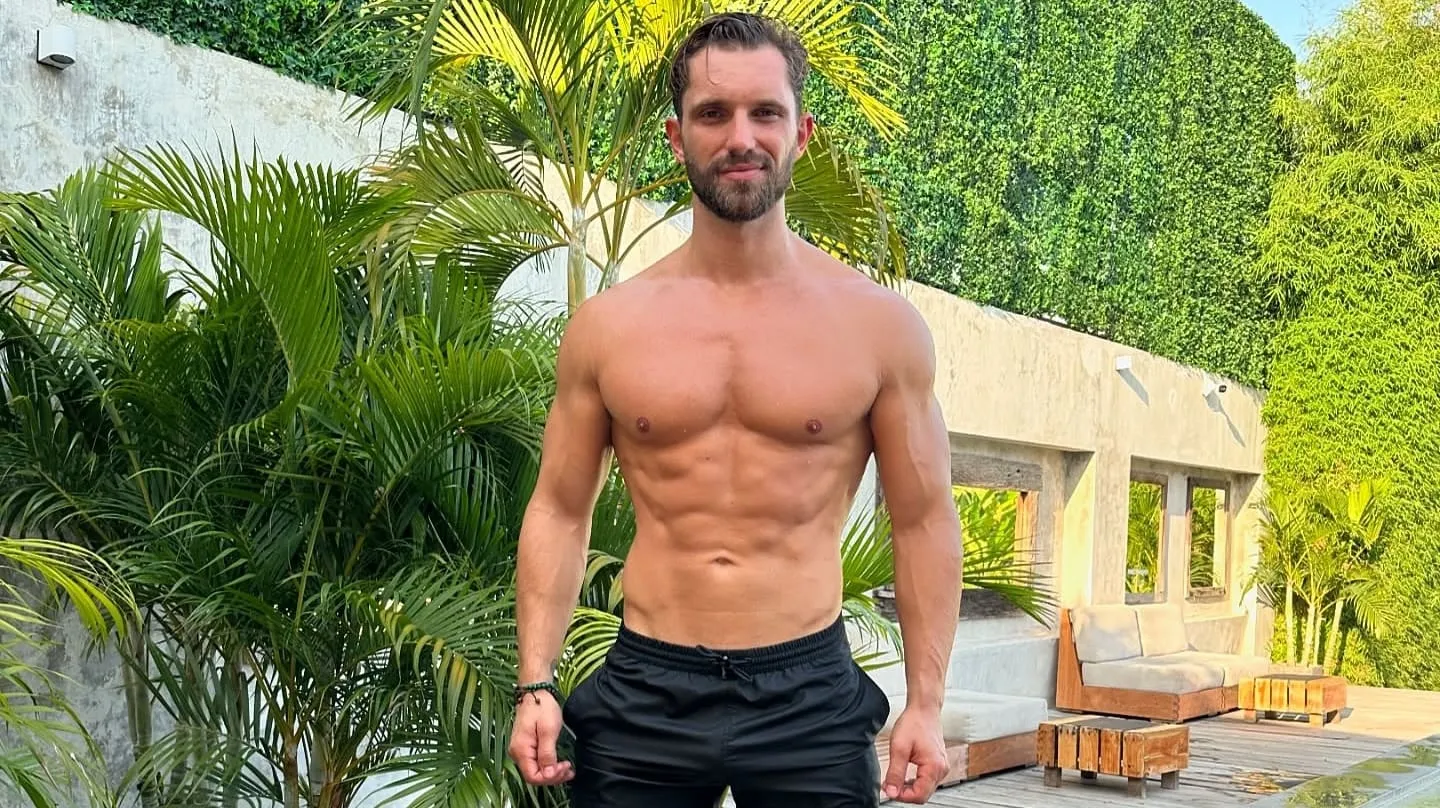February 8, 2010
Gay Caribbean Cruise Ports O' Call Questioned
Peter Cassels READ TIME: 5 MIN.
A cruise to the Bahamas benefitting Miami Beach Gay Pride this spring is once again calling attention to the appropriateness of visiting Caribbean nations that have a poor record on LGBT rights.
Source Events, a company that specializes in tours for gays and lesbians, is donating proceeds to the organization from a cruise aboard the Norwegian Sky April 19-23 that will make stops in Grand Bahama, Nassau and Great Stirrup Bay. The cruise embarks two days after the second annual Pride Parade and Expo in South Beach.
Some activists have questioned whether it's wise for Miami Beach Gay Pride to associate itself with a trip to what they consider, on balance, a homophobic country.
The Bahamas does not have a law banning LGBT discrimination per se. A series of anti-gay incidents in recent years by private groups, however, has sparked international outrage.
They include:
� A 2004 picketing of Rosie O'Donnell's Family Vacations cruise
� A 2006 ban on the film Brokeback Mountain
� A 2007 police raid on a gay cruise party
� A 2009 jury acquittal of a man who used the "gay panic" defense in the murder of an HIV-positive male.
Representatives of Source Events and Miami Beach Gay Pride acknowledged the problems with anti-gay discrimination in the Bahamas, but defended the cruise.
"Neither I nor Miami Beach Gay Pride are blind to the fact that homophobia exists in the Bahamas," Sharon Kersten, a Source Events spokesperson, told EDGE in email response to a request for a response. "Perhaps we can be part of the solution, rather than punishing an entire nation for the fears and heinous acts of a small portion of the population."
She pointed out that, unlike the U.S., the Bahamas is among many countries that allow gays to serve openly in the military and an organization has been working to fight discrimination since 1999 without government interference. So an argument could be made that the Bahamas is, in fact, more progressive on gay issues than we are.
"While, yes, it is true there have been incidents of homophobia in the Bahamas, I suspect that whatever town you live in it happens there, too," Cindy Brown, Miami Beach Gay Pride operations director, said in a phone interview. "There are pluses and minuses to anywhere one could possibly visit. I believe that if we want to make a difference in the way people view us, we can only do that if we allow them to see who we really are."
The National Gay and Lesbian Task Force is one of its partners in promoting the cruise. It will educate cruise participants on what's happening to support LGBT rights nationally and how they can become involved locally, according to Russell Roybal, deputy executive director of external relations.
In a phone interview, he said Source Events should also brief cruise participants on the atmosphere in the Bahamas: "I think part of the responsibility of a gay cruise would be to provide information on the countries they are visiting and protect the passengers on safety, but also to educate them on the fights for equality that are going on in this particular country."
Among Caribbean countries, it's certainly true that the Bahamas has a particularly good gay rights record. Unfortunately, the area is a hotbed of homophobia, of both the government-endorsed and private variety.
The worst offender: Jamaica
Human Rights Watch has called Jamaica the worst place in the Americas for LGBT people. The island nation prohibits sexual acts between men and verbal and physical violence is common. Police actively support homophobic attacks and fail to investigate complaints of abuse.
At least 30 gay men have been murdered in Jamaica since 1997. In one incident, several witnesses reported that police participated in the abuse that ultimately led to a mob killing, first beating a man with batons and then urging others to beat him because he was gay.
Hundreds of LGBT Jamaicans have sought asylum in the U.S., Great Britain and Canada, but only a fraction have been successful. In 2005, the European Parliament passed a resolution calling on Jamaica to repeal its sodomy laws and to actively combat widespread homophobia.
Its terrible record on gay rights is the reason Atlantis Events, which operates cruises for the LGBT community, does not include Jamaica on its Caribbean ports of call.
"They unfortunately have institutionalized repression against gay and lesbian citizens," CEO Rich Campbell told EDGE in email. "We choose to avoid Jamaica and will continue to until the situation changes. Nothing would make us happier than to have their shores opened up to us and all tourists."
Campbell said his cruises regularly visit the Bahamas and several other countries in the region.
"This is our tenth year sailing to the Caribbean with at least 4,000 or more guests annually, and we've never had a single incident where we did not feel welcome as tourists," he wrote during a stop at St. Kitts, aboard the Liberty of the Seas. "We have never had a problem in the Bahamas and have been there at least seven times."
Campbell termed the image of Caribbean countries as being unfriendly to LGBT tourists "an unfortunate and antiquated notion."
"These countries depend on tourism and their populations know that our guests and our community are outstanding citizens and tourists," he said. "We are usually extremely respectful of the local cultures and are welcomed accordingly."
Human Rights Watch blames the colonial heritage of many Caribbean nations for their poor record on gay rights.
"All the former British colonies retain their colonial-era sodomy laws: Antigua, Barbados, Belize, Dominica, Grenada, Guyana, Jamaica, St. Kitts and Nevis, St. Lucia, St. Vincent and Trinidad," Scott Long, director of its LGBT rights program, told EDGE in email. "Other colonial-era laws are also sometimes enforced against LGBT people. For instance, there were arrests in Guyana of transgender people in 2009, under a 'cross-dressing' law."
Asked whether LGBTs should avoid visiting nations that discriminate, Long said they should not travel to countries with repressive dictatorships.
"But the Caribbean nations are poor countries and, for the most part, democracies," he pointed out. "Tourism provides essential support that helps keep many people alive. Although there are serious human rights issues in many of these states, it is no solution to replace a human rights problem with a humanitarian crisis. Tourism has also helped create opportunities for cultural dialogue and exchange. On balance, I think it's been of benefit to LGBT communities across the region."
The International Gay & Lesbian Travel Association, which has about 1,700 members in 72 countries, does not comment on a particular destination's friendliness to LGBTs, according to a statement to EDGE.
"We back our members' efforts to send a welcoming message and make inroads in gay visibility even when they are faced with discrimination," John Tanzella, its president and CEO, said.
The IGLTA website lists only one member in the Bahamas, a guest house in Georgetown. It has no members in Jamaica, but does include a Hilton resort in its directory.
Peter Cassels is a recipient of the National Lesbian and Gay Journalists Association's Excellence in Journalism award. His e-mail address is [email protected].







